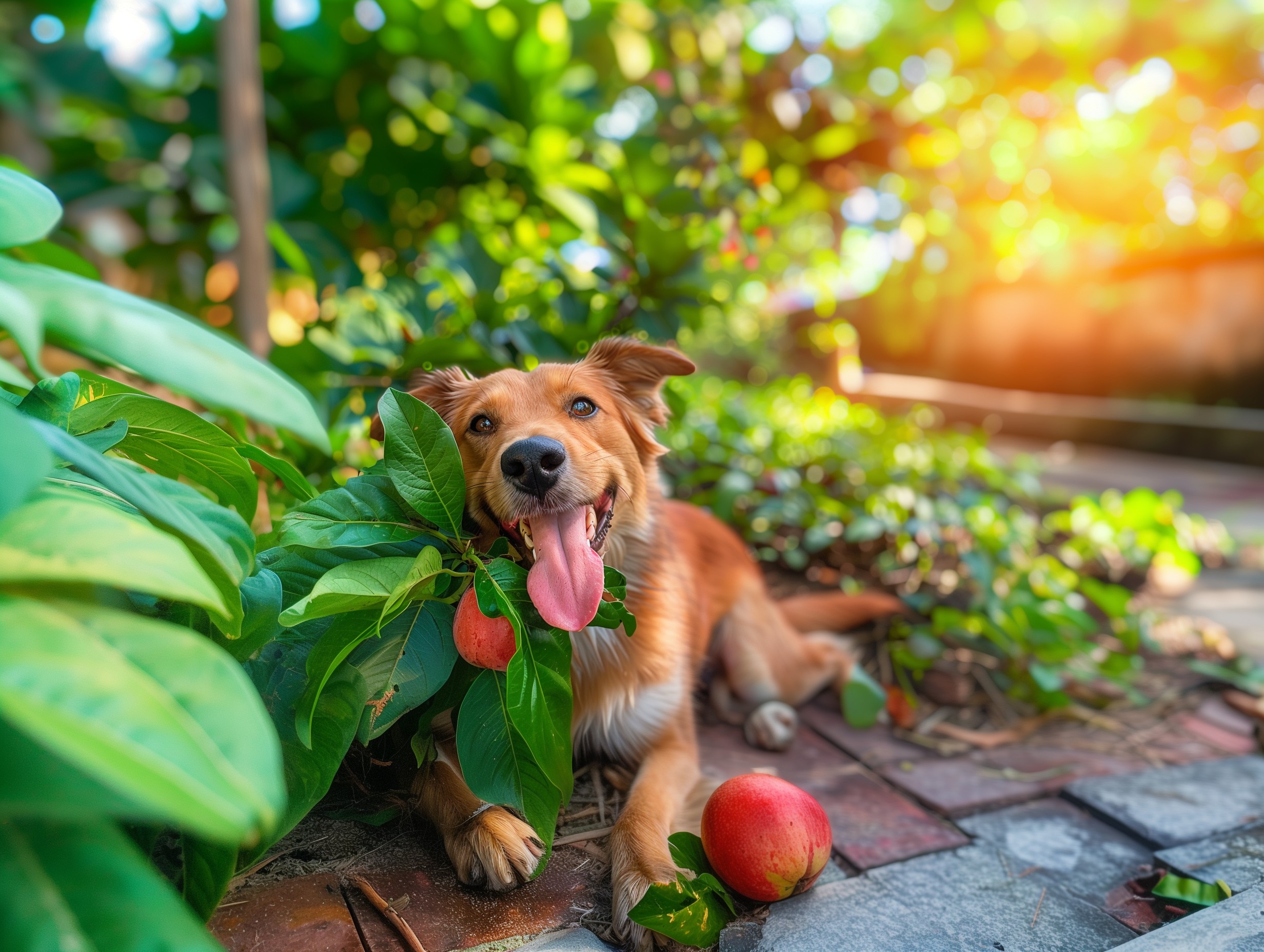
Understanding the Nutritional Value of Guava
Vitamins and Minerals in Guava
Guava is a fruit that is rich in vitamins and minerals, making it a great addition to your dog's diet. It contains high levels of vitamin C, which helps boost the immune system and fight off infections. Vitamin A is also found in guava, which promotes healthy vision and supports overall eye health for dogs. Additionally, guava provides important minerals such as potassium and magnesium, which are necessary for proper nerve function and muscle contraction.
Fiber Content in Guava
One of the key benefits of guava for dogs lies in its fiber content. Guava is a good source of dietary fiber, which plays an important role in maintaining digestive health. The fiber present in guava aids in regulating bowel movements and preventing constipation or diarrhea. It can also help manage weight by promoting feelings of fullness without adding excessive calories to your dog's diet. Incorporating guava into your dog's meals can contribute to better digestion and overall gut health.
Potential Health Benefits of Guava for Dogs
Digestive Health and Guava
Guava is a fruit that can provide numerous benefits to dogs, including improved digestive health. The high fiber content in guava helps regulate the bowel movements of dogs, preventing constipation and promoting regularity. Additionally, guava contains enzymes that aid in the digestion of proteins and carbohydrates, ensuring that nutrients are properly absorbed by the dog's body.
Immune System Boost from Guava
Incorporating guava into a dog's diet can also boost their immune system. Guavas are rich in vitamin C, which plays a key role in strengthening the immune system and fighting off infections. This powerful antioxidant helps protect cells from damage caused by free radicals and supports overall immune function. By adding guava to their diet, dog owners can help enhance their pet's defenses against illnesses.
Risks and Precautions when Feeding Guava to Dogs
Possible Allergic Reactions
Guavas are generally safe for dogs to consume, but there is a possibility of allergic reactions. Some dogs may be allergic to guava and experience symptoms such as itching, redness, or swelling. If you notice any signs of an allergic reaction after giving your dog guava, it is best to consult with a veterinarian.
Choking Hazards and Guava Seeds
When feeding guava to your dog, it is important to remove the seeds first. Guava seeds can pose a choking hazard for dogs if ingested whole. The small size and hard texture of the seeds make them difficult for dogs to chew properly. To prevent any potential choking incidents, always remove the seeds before offering guava as a treat.
How to Safely Introduce Guava into Your Dog's Diet
Recommended Serving Sizes
When it comes to feeding guava to your dog, it's important to consider the recommended serving sizes. While guava can be a healthy treat for your furry friend, moderation is key. The size of the guava should be appropriate for your dog's breed and size. Small dogs can have about half a cup of diced guava as an occasional snack, while larger breeds can have up to one cup. It's always best to consult with your veterinarian before introducing any new food into your dog's diet.
Preparing Guava for Dogs
Preparing guava for dogs is simple and easy. Start by choosing ripe guavas that are free from any mold or blemishes. Wash the fruit thoroughly under running water to remove any dirt or residue on the skin. Next, slice off both ends of the guava and cut it in half lengthwise. Scoop out the seeds using a spoon or knife, as they can pose a choking hazard for dogs. Finally, dice the flesh into small bite-sized pieces that are suitable for your dog's size. Remember to remove any remaining seeds before offering it as a treat.
Consulting with a Vet about Guava Consumption
When to Seek Professional Advice
If you're unsure about whether guava is good for your dog or not, it's always a good idea to seek professional advice. Consulting with a veterinarian can provide valuable insights into your dog's specific dietary needs and any potential risks associated with feeding them guava. Veterinarians have the knowledge and expertise to assess your dog's overall health and make recommendations based on their individual requirements. They can guide you on the appropriate portion sizes and frequency of feeding guava to your dog, as well as help identify any allergies or sensitivities that may be present.
Understanding Your Dog's Dietary Needs
Understanding your dog's dietary needs is important when considering if guava is suitable for them. Dogs require a balanced diet that includes protein, carbohydrates, fats, vitamins, and minerals. While guavas are rich in nutrients like vitamin C, fiber, and antioxidants which offer various health benefits for humans, it's necessary to consider how they fit into a canine diet. Guavas should only be given as an occasional treat in moderation due to their high sugar content. Feeding excessive amounts of guava could lead to digestive issues such as diarrhea or upset stomach in dogs. Additionally, some dogs may have allergies or sensitivities to certain fruits including guavas. It's recommended to introduce small amounts gradually and monitor your dog for any adverse reactions before incorporating it into their regular diet.